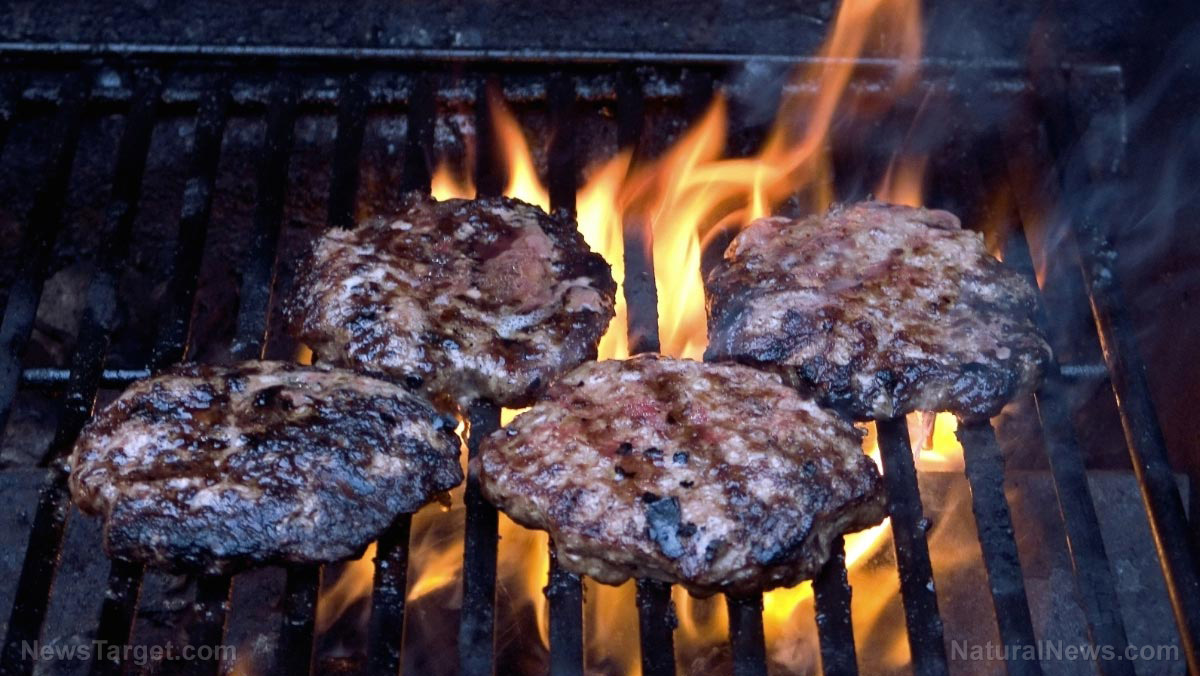Starbucks closing 150 stores nationwide, precisely because of the rising minimum wages that its own Left-leaning employees demand
06/21/2018 / By Vicki Batts

It looks like the days of being king of the coffee game are numbered for one of the most prominent coffee chains in the U.S. Starbucks recently announced that 150 of its stores will be closing up shop. Between the number of stores in liberal cities hiking up their minimum wage and the negative impact of racial bias allegations, the purveyor of novel coffee beverages can’t seem to keep up.
Funnily enough, the decision to close over 100 stores comes on the heels of a minimum wage increase in the Washington, D.C. area. That the call to raise the wages of restaurant workers to $15 an hour coincides with Starbucks’ closures is no small coincidence.
In a statement to Bloomberg, Starbucks CEO Kevin Johnson commented that most of the stores affected by the closures will be “in major metro areas where increases in wage and occupancy, and other regulatory requirements” were making stores “unprofitable.”
“Now, in a lot of ways, it’s middle America and the South that presents an opportunity,” Johnson stated further. Reports indicate that the beverage behemoth will be putting its focus on rural and suburban stores. Lower taxes and fewer regulations are a big draw for businesses and residents alike. As sources note, there has been a massive spike in migration to the South in recent years — largely because of taxes and other invasive politics in left-leaning areas.
The shuttering of Starbucks locations in the cities confirms what conservatives have said all along: Increasing minimum wage will lead to a decrease in the number of lower level jobs, especially in the fast food industry. This is not “cruelty,” as the left-wingers want you to believe — it’s a simple fact of business.
And even progressive companies (as Starbucks is wont to be) are not immune to the fact that a store that is not making money cannot continue to operate. Thousands of businesses close every year because they aren’t seeing profits. And as liberal cities around the country demand that low-skill workers be paid a higher wage and increase costly regulatory requirements, companies like Starbucks and McDonald’s are finding ways to circumvent the system.
Automated alternatives
Mickey D’s has already launched a number of stores with digital ordering kiosks, as have other fast-food retailers. One day soon, low-level laborers like cashiers may be completely obsolete in the fast-food industry. Robots and AI are becoming more sophisticated by the day — and as the demand to increase pay and other benefits becomes law, machines are quickly becoming a glowing alternative. After all, you don’t have to pay them $15 an hour, they don’t need benefits, lunch breaks or vacation time.
Paid-leave laws, higher wages and other regulations seem like good ideas on the surface, but for competitive industries that operate on thin profit margins, the high costs of these lofty ideals can be fatal for businesses. Starbucks as a corporation may be highly profitable, but individual stores do not make that much money.
As Mike Adams, founder of Natural News and Director of CWC Labs, explains:
Most fast food restaurants pocket less than 2% of their total revenues in profit, and labor costs are a substantial portion of their overall operating costs. If those labor costs are suddenly doubled due to mandatory minimum wages of $15, then one of two things has to take place:
1) The restaurant must raise its prices in order to survive (or go bankrupt).
2) The restaurant must fire some of its workers and ask the remaining workers to do more work.
Or, when a store stops pulling its weight, fast-food corporations will simply close it down. As Adams states further, raising prices will still ultimately drive consumers to get their food elsewhere — even if they have to drive outside the city to get it. Learn more at FastFood.news.
Sources for this article include:
Tagged Under: fast food, Left-wing, left-wing politics, liberals, minimum wage, political agenda, progressives, rising wages, robots, Starbucks




















